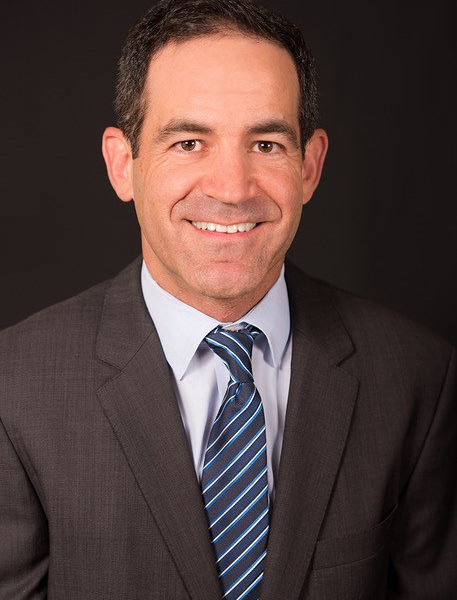Many people will never need the services of Ricki Light, M.Ed., but if you have a child who is struggling in school, she is a valuable ally to have on your side.
Ricki is an educational advocate and strategist based out of the Melmed Center where she is the director of education. She has been working with Developmental Pediatrician and Medical Director, Raun Melmed, M.D. since she moved to the Valley in 2000. Prior to moving to Arizona, she worked as an Inclusion Facilitator, Behavior Specialist and Special Education Program Specialist in the Los Angeles Unified School District for 13 years, and before that, she was a special education teacher in Canada for seven years.
Usually, parents will contact her either after their child has been diagnosed with a learning disability or as they are being diagnosed. Although sometimes the child has not yet received a formal diagnosis, but they are struggling in school. She admits it can be an emotional and challenging time for a family.
“If there have been assessments and outside information presented, I try to demystify it a little bit for the parents,” explains Ricki. “I try to get to know the child through the parents. I want to know the hopes and dreams they have for their child. What isn’t working. What would they like to see work better for them and their family, as well as looking at medical issues or any other factors that come into play.”
After meeting with the family, Ricki will then sit down with the school team and address the child’s strengths and needs and if they offer programs that will be the best fit. “I am always going to do what’s right for the child,” she says. “When I go into a meeting, my focus is not on the parent’s issues or the school’s issues; my focus is on the child and what does that child needs.”
When she has gathered all the pertinent information, Ricki can then help the parents and the educators at the school work together to try to develop a good plan for the child. “Whether it’s a formal plan like an IEP (Individualized Education Program) or a section 504 (accommodation plan) or maybe a behavior or transition plan – it just depends on what the needs are,” explains Ricki. “I say I have a ‘Mary Poppins bag.’ I keep pulling things out, hoping that something works.”
Because Ricki has been in the field of special education for so long, she has seen changes in the methods used to diagnose children. “It’s become a little bit more of a science. But there isn’t a cheek swab or hair test for autism,” she says. “It’s very observational, very anecdotal, very historic and all of those things play into a diagnosis.” There are certain tests for learning disabilities that are giving a more definitive “yes” or “no” answer, so diagnostic skills are continually changing and improving.
“Each child is each child. We aren’t the same,” states Ricki. “I have been able to do this job for 17 years because every case is unique and every classroom and every school culture is unique.”
Every publicly funded school is required by law to provide some kind of special education support. Some have special education teachers that are at the school all day every day, while some have a teacher who comes in once a week for a half an hour. It depends on the needs of the students at that school.
“I try and help empower the parents to be an advocate for their kids. I try and help them understand what is available,” says Ricki. “I help them understand the implications of all the tests and assessments and the laws and then just figure out how to best help their child be as successful as they possibly can be in life.”
Ricki can be contacted through the Melmed Center for her fee-based services, but you do not have to bring your child to the center to see her. Call 480-443-0050 or visit melmedcenter.com.







